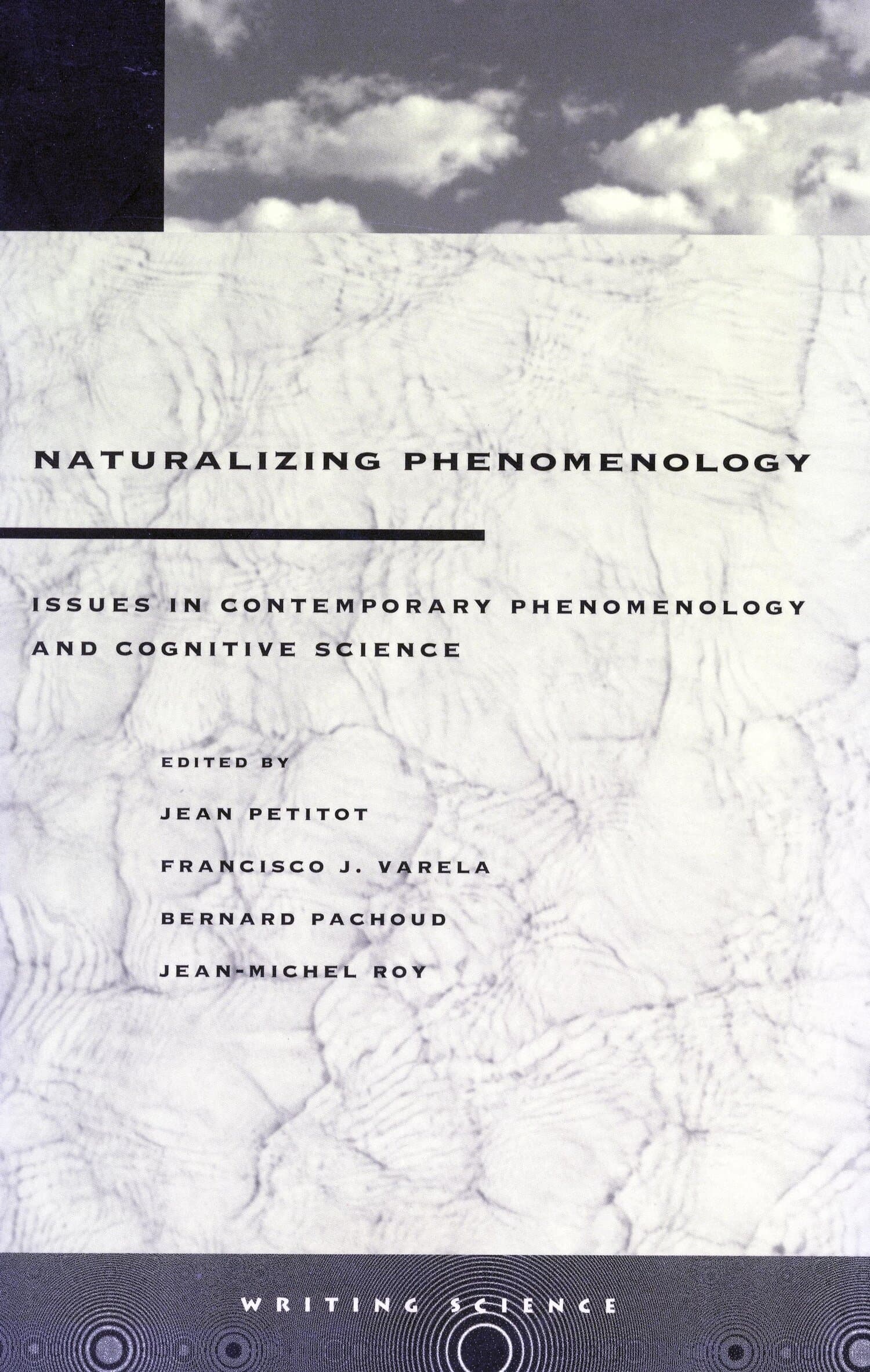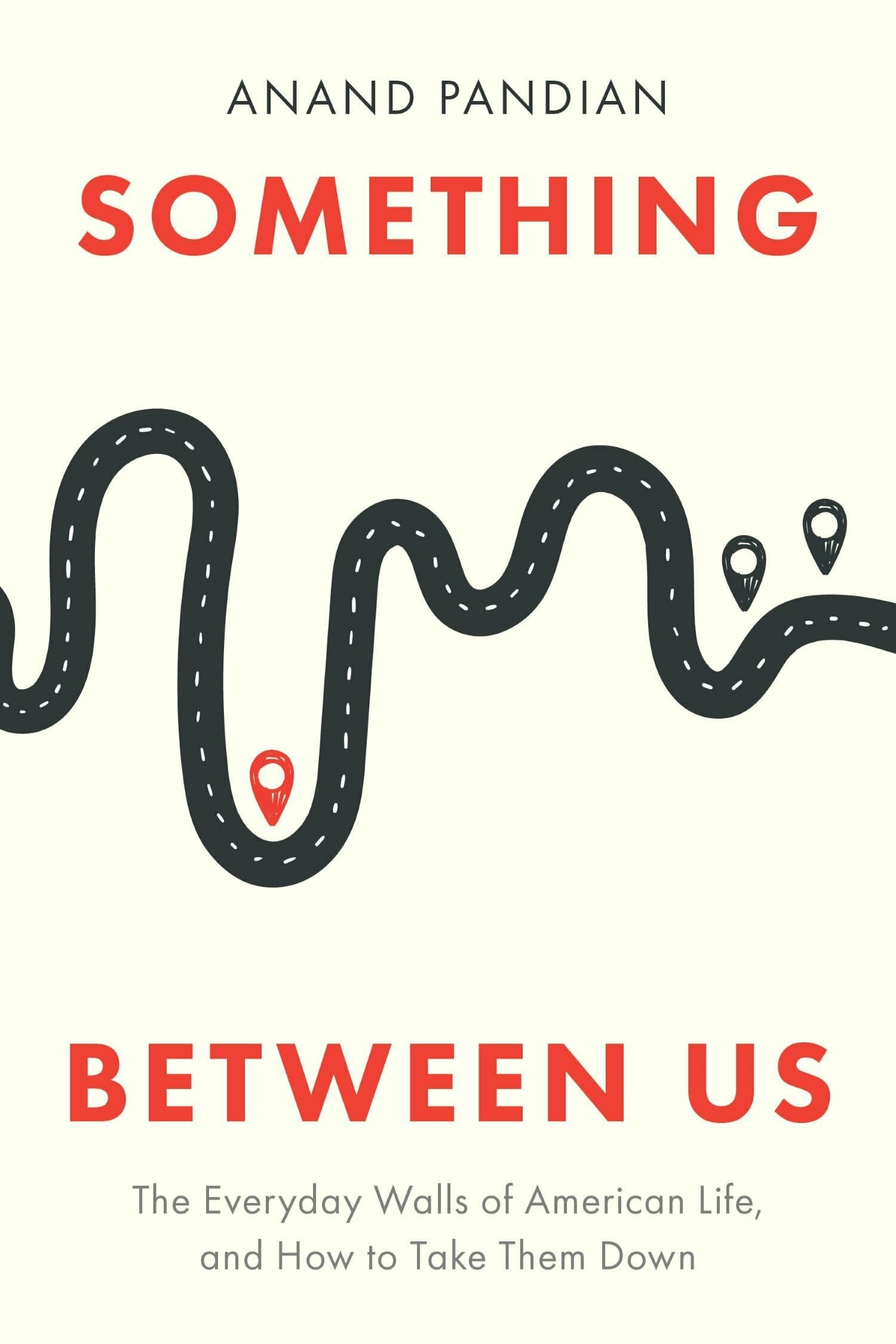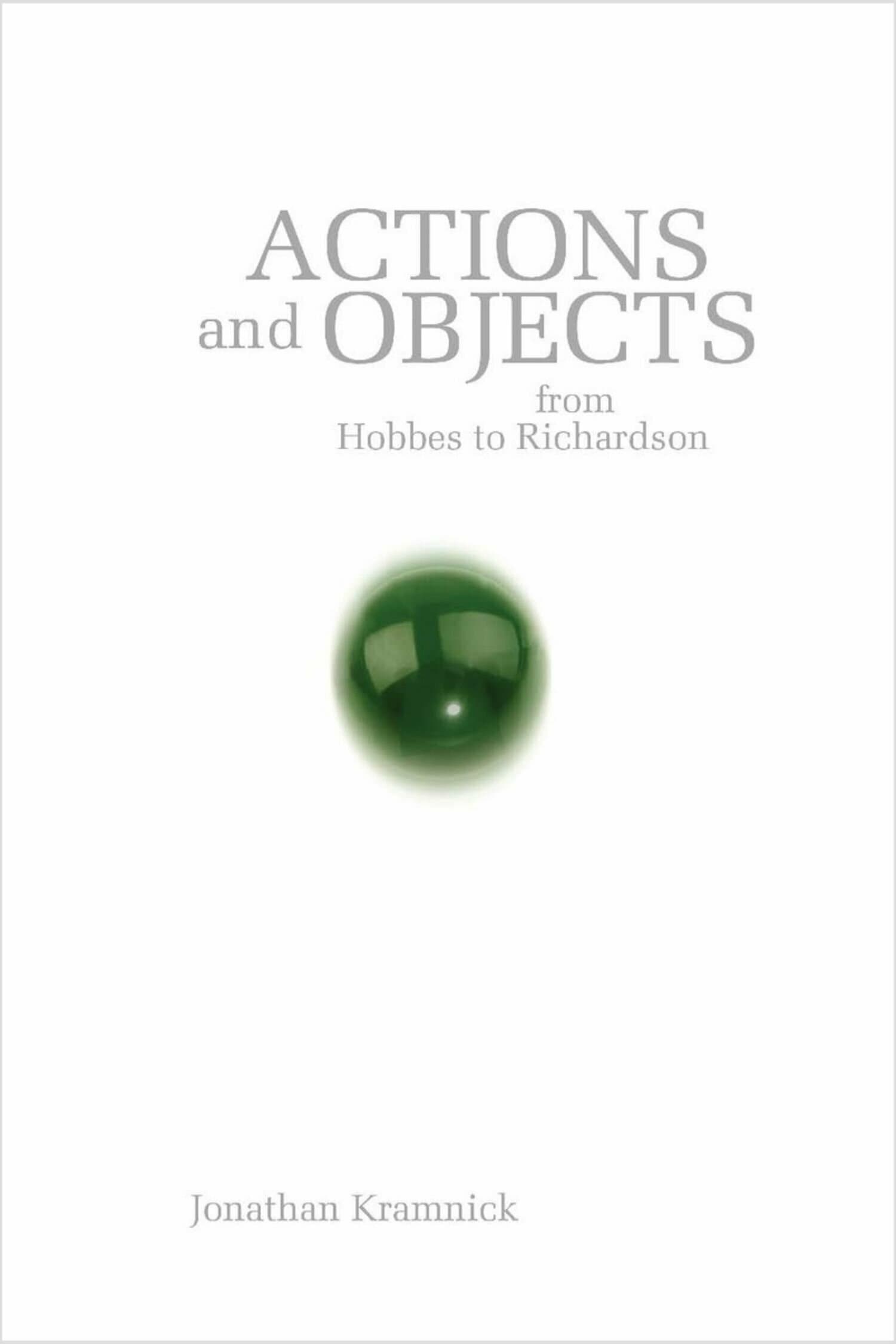Writing the Mind

Novels are often said to help us understand how others think—especially when those others are profoundly different from us. When interpreting a character's behavior, readers are believed to make use of "Theory of Mind," the general human capacity to attribute mental states to other people. In many well-known nineteenth-century American novels, however, characters behave in ways that are opaque to readers, other characters, and even themselves, undermining efforts to explain their actions in terms of mental states like beliefs and intentions.
Writing the Mind dives into these unintelligible moments to map the weaknesses of Theory of Mind and explore alternative frameworks for interpreting behavior. Through readings of authors such as Charles Brockden Brown, Herman Melville, Martin Delany, Harriet Beecher Stowe, Charles Chesnutt, and Mark Twain, Hannah Walser explains how experimental models of cognition lead to some of the strangest formal features of canonical American texts. These authors' attempts to found social life on something other than mental states not only invite us to revise our assumptions about the centrality of mind reading and empathy to the novel as a form; they can also help us understand more contemporary concepts in social cognition, including gaslighting and learned helplessness, with more conceptual rigor and historical depth.
"Walser provides a stunning reevaluation of the work fiction does to experiment with the problem of other people's minds. Essential for scholars interested in thinking about social cognition, cognitive diversity, and how those phenomena were explored in the nineteenth century."—Sari Altschuler, Northeastern University
"Writing the Mind carefully parses through canonical nineteenth-century American texts, sagaciously teasing new readings from familiar and rich passages. Covering a stunning array of primary texts and theorists, Walser offers a compelling new lens through which to read the socio-cognition of some of the nineteenth-century's most familiar, if baffling, characters."—Kassie Jo Baron, Modern Philology




